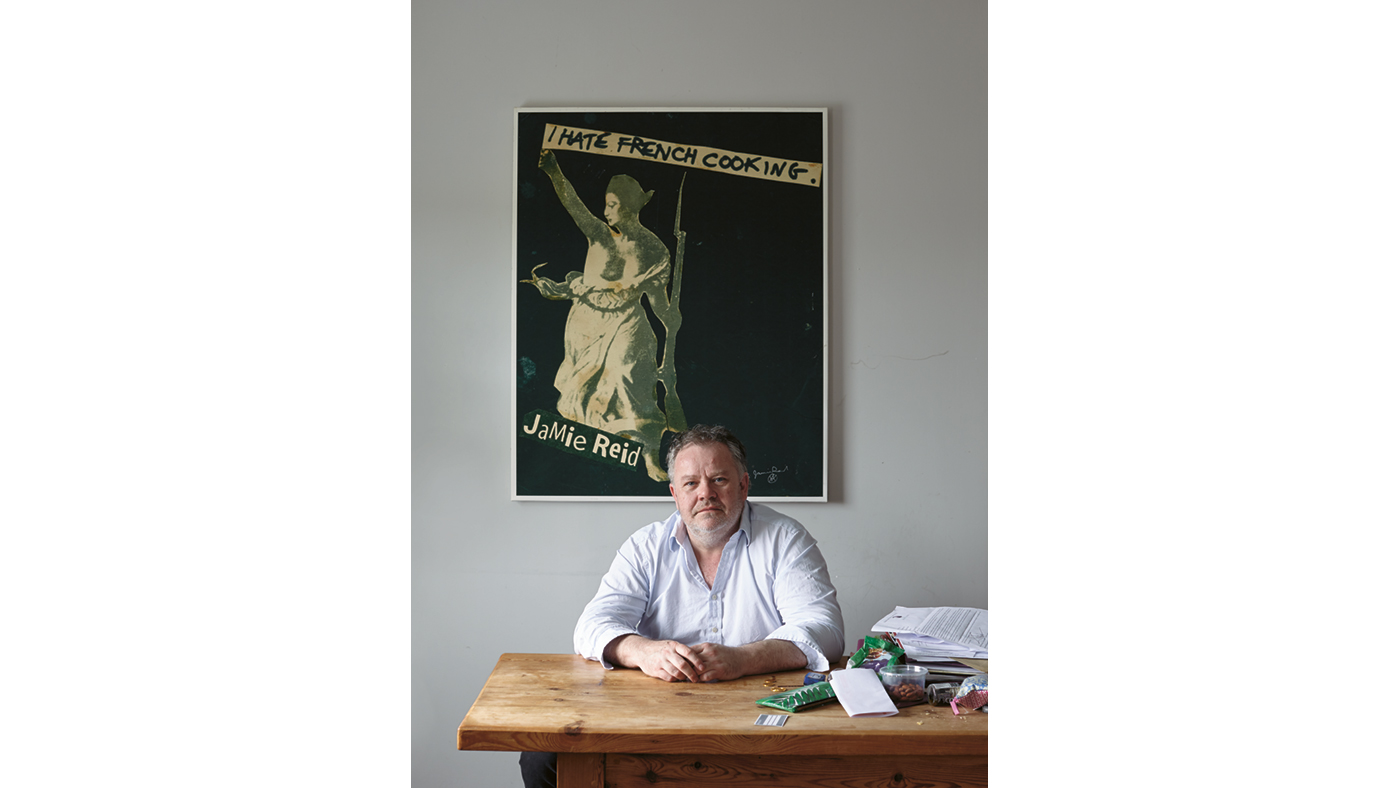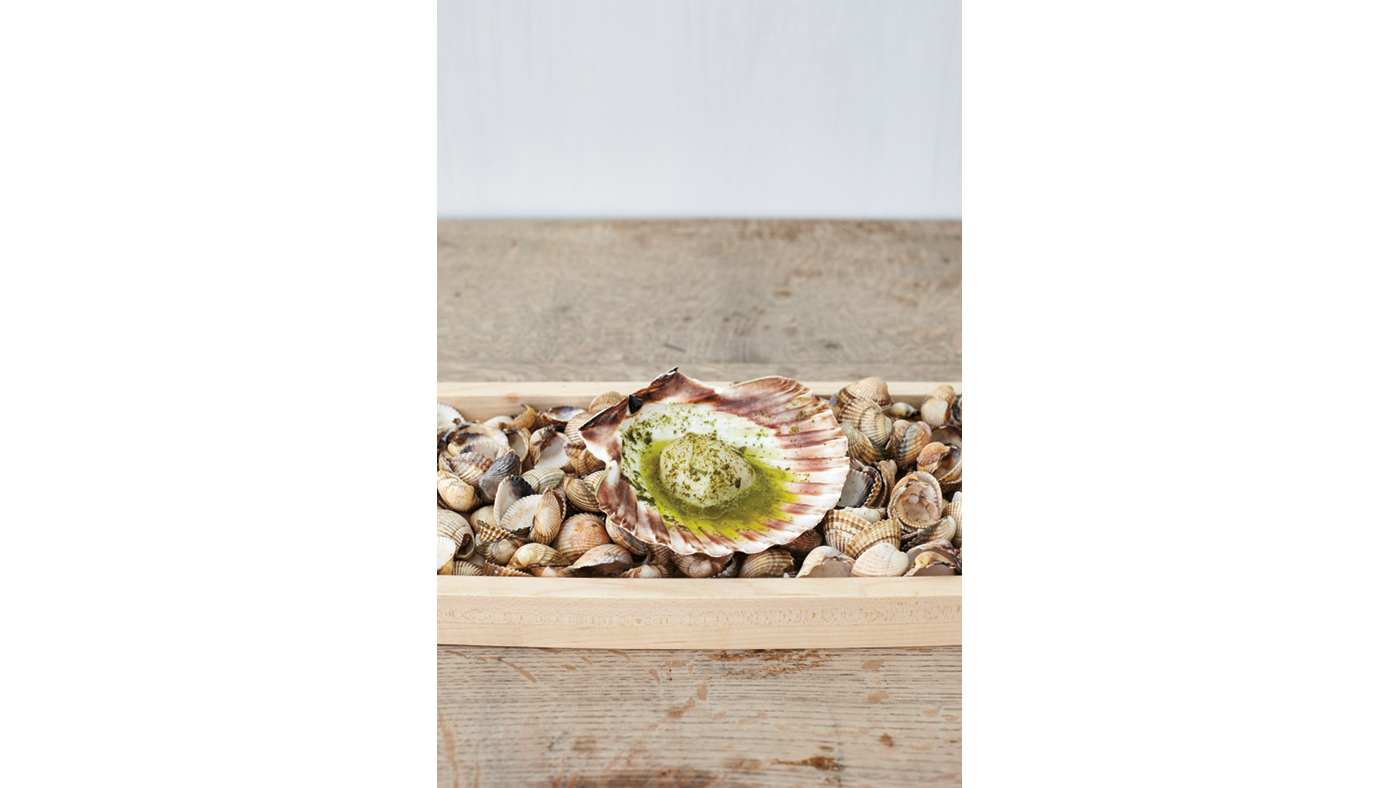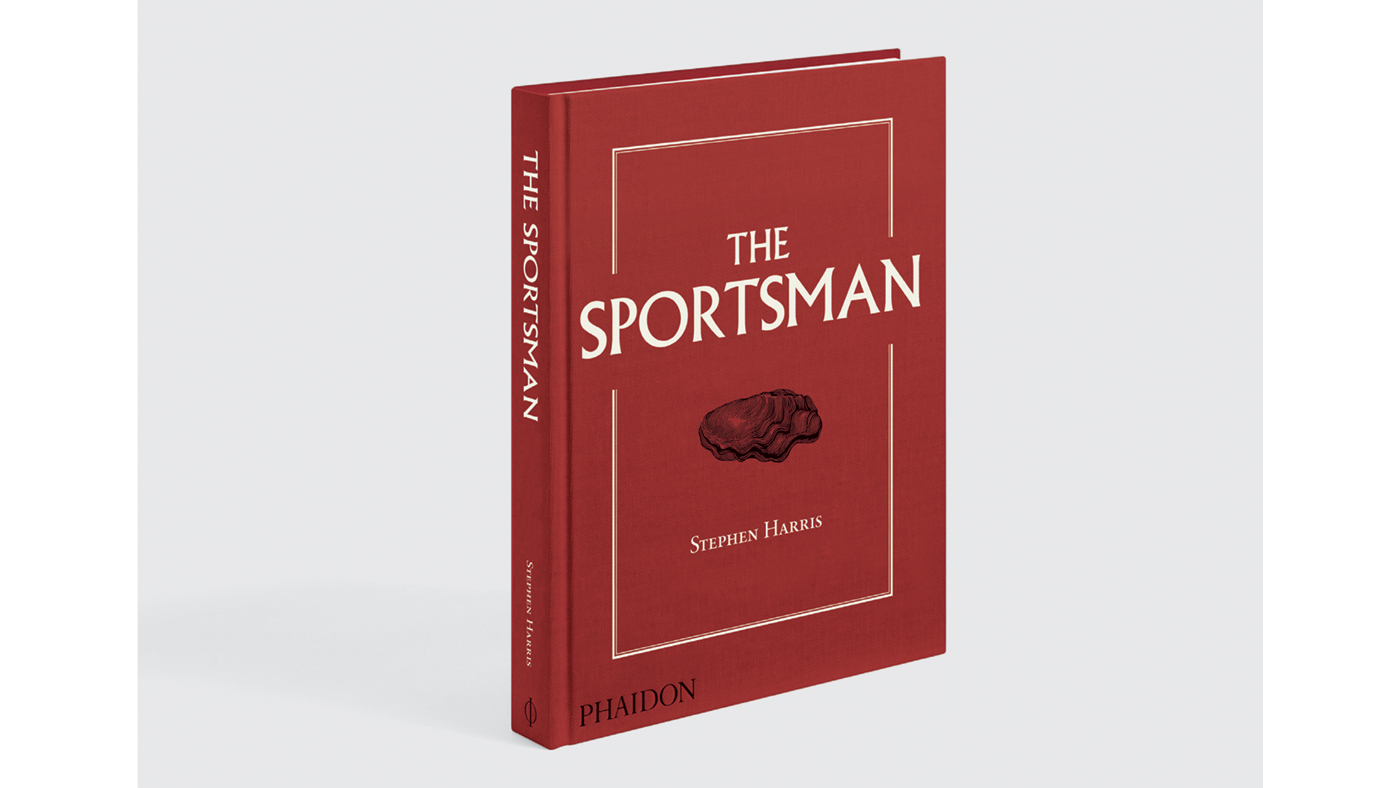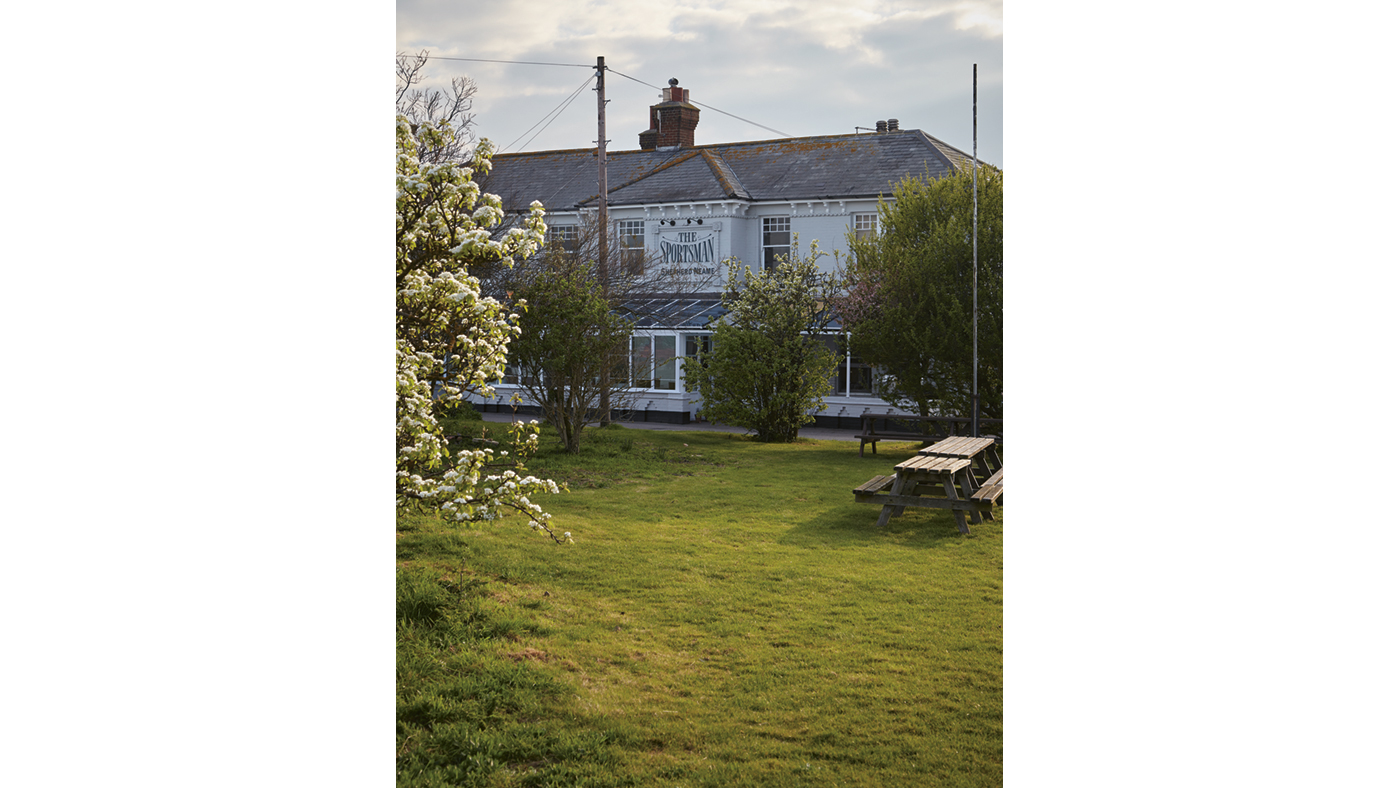The Sportsman: Rewriting the restaurant rulebook
Chef patron Stephen Harris explains the 'total cooking' philosophy that anchors the success of his Whitstable gastro pub
A free daily email with the biggest news stories of the day – and the best features from TheWeek.com
You are now subscribed
Your newsletter sign-up was successful




I have always loved the idea of new concepts being introduced into certain fields that subsequently change the way they are studied and perceived.
Take the Dutch philosophy of "total football". Introduced in the 1970s, it threw away the coaching manual that called for players to obey rigid positions and formations on the pitch. Instead, the players would be free to go anywhere and trust their teammates would ensure that any spaces they left were covered. This meant that a player happily thinking that he had an easy day playing up against winger Rene van de Kerkhof could suddenly find himself confronted by striker Johan Cruyff. By rejecting traditional formations and rules, "total football" changed the way the game was played – even if it didn't win the Dutch the World Cup – and has now been absorbed into the mainstream, despite being revolutionary at the time. Dan [our head chef] and I used to joke about working in a similar manner. We were the only two chefs in the early days, and so we would go to any section, depending on which one of us was available.
When I was studying history at King's College, London, I realised that a group of early-20th-century historians from France, called the Annalistes, followed a comparable philosophy. They questioned the idea that the lives of old kings, queens and great men determined what was recorded in history, and instead chose to study anything that might throw new light on world events – this became known as "total history". They looked at things like the price of grain and how it was related to specific moments in time; they would look at paintings of market scenes to observe the changing fashions of the middle class and the static fashions of the peasants. Again, it changed the way history was studied and written, and has since been absorbed into the mainstream.
The Week
Escape your echo chamber. Get the facts behind the news, plus analysis from multiple perspectives.

Sign up for The Week's Free Newsletters
From our morning news briefing to a weekly Good News Newsletter, get the best of The Week delivered directly to your inbox.
From our morning news briefing to a weekly Good News Newsletter, get the best of The Week delivered directly to your inbox.

In trying to explain what we do at The Sportsman I realise that we take a similar approach – when people ask what my style is, I can only think of calling it "total cooking". We are constantly questioning our processes and trying new ideas, because they might make our food taste better. In the end, nothing else matters but the taste of the food we send out to customers.
I have never worked under a great chef, so I have had to figure everything out for myself. As a result I don't allow myself the luxury of having a fixed stance on anything. I am always surprised that chefs take up strong positions about a subject when just keeping an open mind might lead to improvements in the food they serve. For example, some chefs will say they hate the raw food movement, but I look at what is happening and try to take the best from it. This has resulted in a lot of fresh new ideas coming onto our menu, such as pickled vegetables.
I will happily apply techniques and principles from any movement and incorporate them into our style of cooking. It is important to realise that the coming and going of trends, such as molecular gastronomy or "New Nordic", is of course a little about vogue and fashion, but the ideas at their centre can be eternal. Molecular gastronomy gave us new techniques for the slow cooking of protein and understanding of flavour compounds that demonstrated how to create new combinations, and this remains invaluable to chefs. Similarly, "new Nordic" made fermentation and much cleaner, brighter food more mainstream, and that has begun to filter down to home cooks.

This idea of "total cooking" even encompasses the location of The Sportsman. The small details of its surrounding geology are important because the soil and rock affect the types of crops that can be grown – we have to be aware of the full picture to get the best out of what this area has to offer.
A free daily email with the biggest news stories of the day – and the best features from TheWeek.com
Another aspect of our "total cooking" is the running of the business itself. I feel strongly about keeping the wealth generated by the pub within the local economy, exploring new ways of working with what we have that can change the way we are perceived. It makes no sense to buy ingredients from a long way away when we have great stuff on our doorstep. The area around the pub has farms that produce brilliant vegetables, meat and eggs, so why shop further afield?
For the same reason, I wanted to use local chefs. I always felt a bit disappointed when I would eat at great restaurants where chefs and waiting staff came from all over the world – I wanted to see what the locals could do. At first, it wasn't really a choice, as we couldn’t offer "live-in", but this soon became a policy point. I believe it's so important to look after our new chefs and put an arm around them until they feel at home. It's taken the restaurant industry a while to realise that you have to look after your chefs, and not work them into the ground.
History, geology, employment policy, an open-minded attitude in the kitchen and even the welfare of the people who are willing to come and work for you… " total cooking" is about using everything that is available to make your food better.
STEPHEN HARRIS is the chef patron of the acclaimed The Sportsman in Whitstable, Kent, which recently retained the title of best restaurant in the UK at the 2017 Estrella Damm National Restaurant Awards for the second year running. His first cookbook, documenting the philosophy and food behind The Sportsman, is published by Phaidon. £29.95; phaidon.com
-
 Is Andrew’s arrest the end for the monarchy?
Is Andrew’s arrest the end for the monarchy?Today's Big Question The King has distanced the Royal Family from his disgraced brother but a ‘fit of revolutionary disgust’ could still wipe them out
-
 Quiz of The Week: 14 – 20 February
Quiz of The Week: 14 – 20 FebruaryQuiz Have you been paying attention to The Week’s news?
-
 The Week Unwrapped: Do the Freemasons have too much sway in the police force?
The Week Unwrapped: Do the Freemasons have too much sway in the police force?Podcast Plus, what does the growing popularity of prediction markets mean for the future? And why are UK film and TV workers struggling?